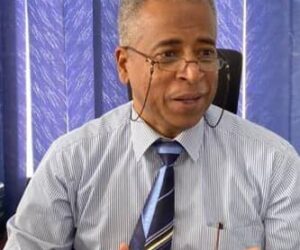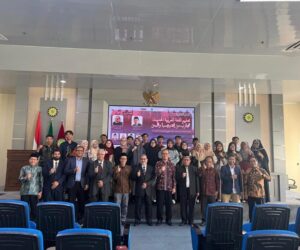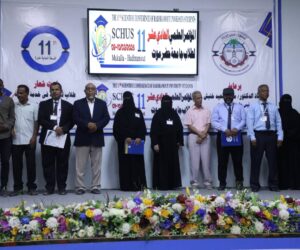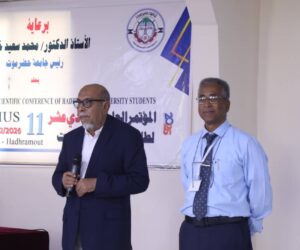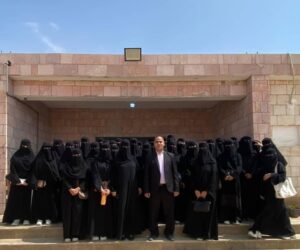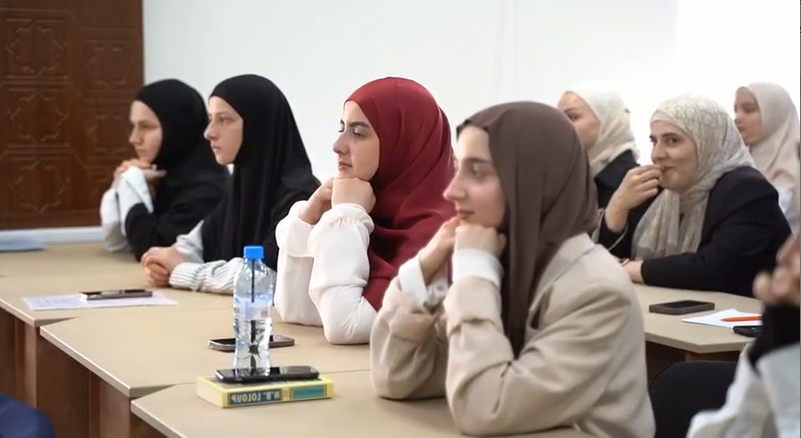News
Launch of the Arabic Language Program with the Participation of 137 Academics from East Asian Countries February 28, 2026
Hadhramout University Launches Arabic Language Program for East Asian University Students Under the Patronage of Its President February 25, 2026
Hadhramout University Launches Its Participation in the International MOVE Project to Support Graduate Employability February 15, 2026
Hadhramout Achieves Two Bronze Medals at the Kuwait International Inventions Exhibition February 13, 2026
Conclusion of the Eleventh Scientific Conference for Students of Hadhramout University as Part of the Fifteenth University Student Week in Mukalla February 10, 2026
Happening Now February 10, 2026
Happening Now February 9, 2026
__
Events and Activities
_
Announcements
Events
__
Online Services
Graduates
community service
Students
Staff
Faculty
Postgraduate Studies
University Training Courses
There are many university centres and units that offer many courses in all specializations.




